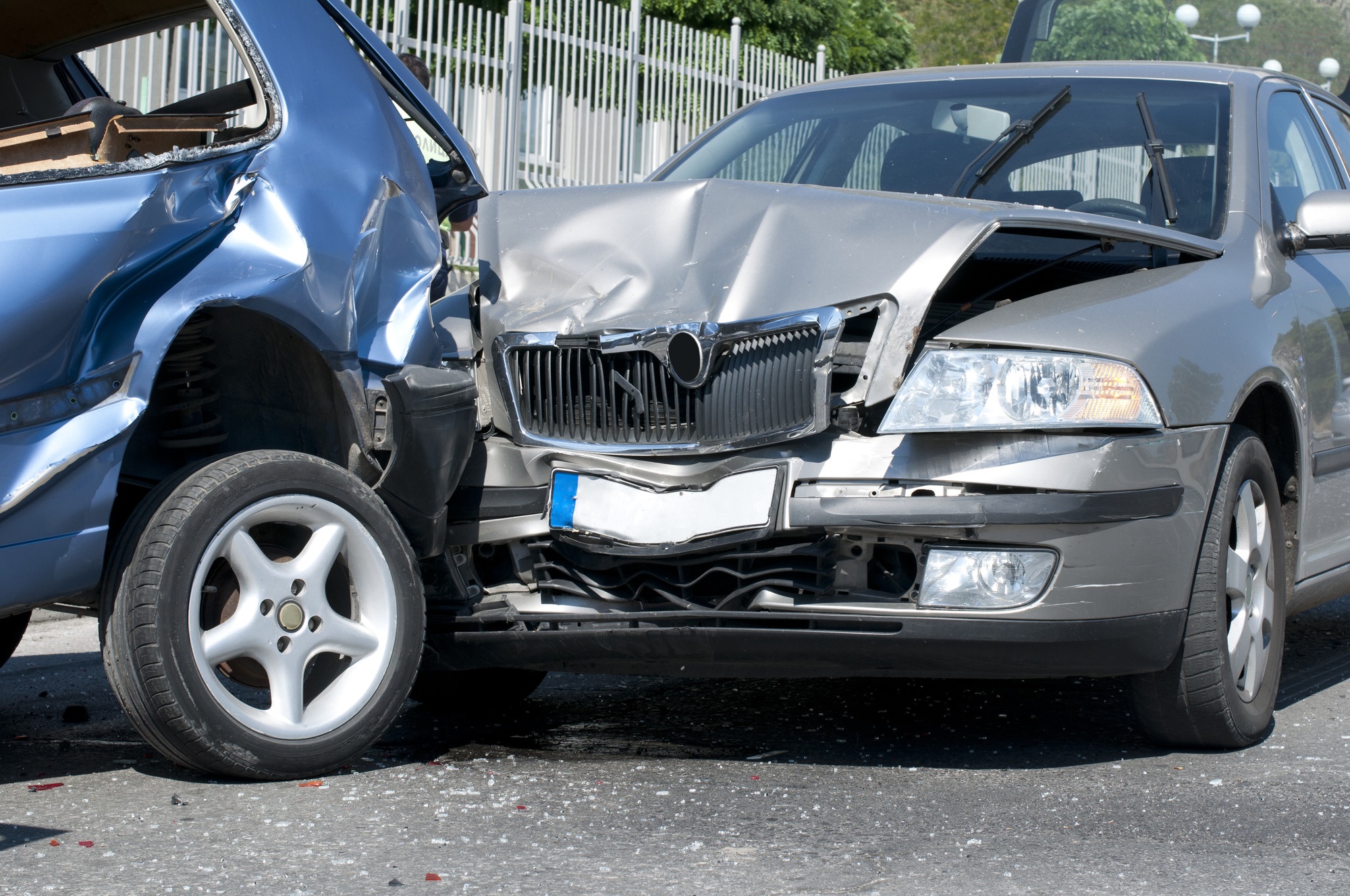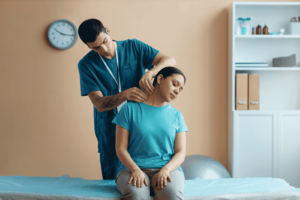Headaches are surprisingly common after you are involved in a car accident.
It can be a sign of concussion or a minor trauma. Headaches after a car accident are, therefore, one of the most common auto accident injuries. As a driver, reduce your accident risk by maintaining your vehicle and keeping an accident repair kit in it.
Read on for an in-depth guide on headaches after car accident and how to treat them.
Traumatic Brain Injury (TBI) Headache
These headaches can vary in type and severity and can last up to 6 months after the injury or even longer. The cause of TBI headaches is usually linked to the primary injury to the brain, secondary to the jarring, stretching, or tearing of brain tissue, as well as disruption to the brain’s normal chemical processes.
Common types of TBI headaches include tension-type headaches causes, migraines, and headaches related to brain swelling or increased intracranial pressure. Intensified symptoms can be related to poor sleeping habits, stress, physical exertion, or exposure to light.
Preventative measures often include medications and lifestyle changes such as taking more frequent breaks, avoiding stress and fatigue, and taking regular stretches. Ultimately, if the headaches after a car accident become chronic, medical help like a car accident chiropractic care should be sought to ensure the best possible outcome.
Muscle Strain and Spasm Headaches
Headaches after a car accident can often be attributed to muscle strain and spasm headaches. These headaches after a car accident typically originate in the neck and shoulders due to the trauma of an accident.
This can cause the muscles in the neck and shoulders to become strained and tight as a result of the sudden jerking motion of the body during an impact. This tightness can then compress nerves in the neck, causing the muscles to spasm and create a tension-type headache.
Patients can sometimes find relief by using over-the-counter pain medications or applying heat or moist heat to their necks. However, it is important to seek medical attention if the headache persists or other symptoms develop.
Whiplash Headache
Whiplash headaches are among the most common symptoms of headaches after a car accident, affecting most people involved in an automobile crash. Often caused by a sudden movement of the head and neck, whiplash headaches are most common among individuals who sustain a car accident injury like whiplash.
These headaches are typically experienced on both sides of the head and usually start shortly after the car accident event. They can range from mildly annoying pain to a more severe and throbbing headache and can last for minutes or even days.
The level of pain associated with whiplash headaches often increases with activity and can be debilitating, making it difficult to complete everyday tasks. Headache treatment for these types of headaches includes pain medications, cervical collars, and physical therapy.
Fracture Headaches
Car accident headache fracture can occur due to the traumatic brain injury (TBI) that can result from such an accident. TBI can cause swelling and pressure in the head that can lead to headaches.
Fracture headaches are one of the most common complications after a vehicle crash. These are defined as severe headaches that occur right after a forceful impact that can originate from a vehicle crash. They may be felt as a single episode or divided into two or more episodes.
They can be very disabling for the patient. Complications can arise from delays in diagnosis or treatment. Proper evaluation can help diagnose and treat fracture headaches and potentially prevent long-term headaches or other concussion effects.
Disc Herniation Headaches
Headaches after a car accident can be caused by disc herniation headaches. Disc herniation headaches are a type of headache that is caused by a herniated, bulging, or slipped disc in the neck or back. These types of headaches can vary in intensity and can often be accompanied by neck pain and muscle spasms.
If you have been in a car accident, it is important to get an evaluation from a medical professional in order to rule out any possible neck or back injuries. If these types of injuries are discovered, treatment may include physical therapy, epidural steroid injections, medications, and possibly surgery, all of which can help relieve the pain and lessen the frequency of disc herniation headaches.
Without proper treatment of the underlying neck or back injury, disc herniation headaches can become chronic and can even have a debilitating effect on a person’s daily life.
Pinched Nerve Headaches
Headaches after a car accident can indicate the presence of a pinched nerve, which is when pressure is placed on a nerve to the extent that the nerve can no longer function properly. Headaches, in this instance, can range from dull and achy to intense and throbbing in nature.
In some cases, the headaches may come on abruptly and may be accompanied by nausea, neck pain, and light or sound sensitivity. A pinched nerve may cause the area around the nerve to become inflamed, or over time it can lead to numbness and decreased strength.
If symptoms do not resolve with rest and over-the-counter pain relievers, it is important to seek medical attention to ensure appropriate treatment.
Learn More About Headaches After Car Accident
Headaches after car accident can be debilitating. If you or a loved one have experienced a car accident and are suffering from a headache afterward, it is important to seek medical attention.
Doing so will ensure the best and safest outcomes.
Did you find this article helpful? Check out the rest of our blog for more!





Be First to Comment